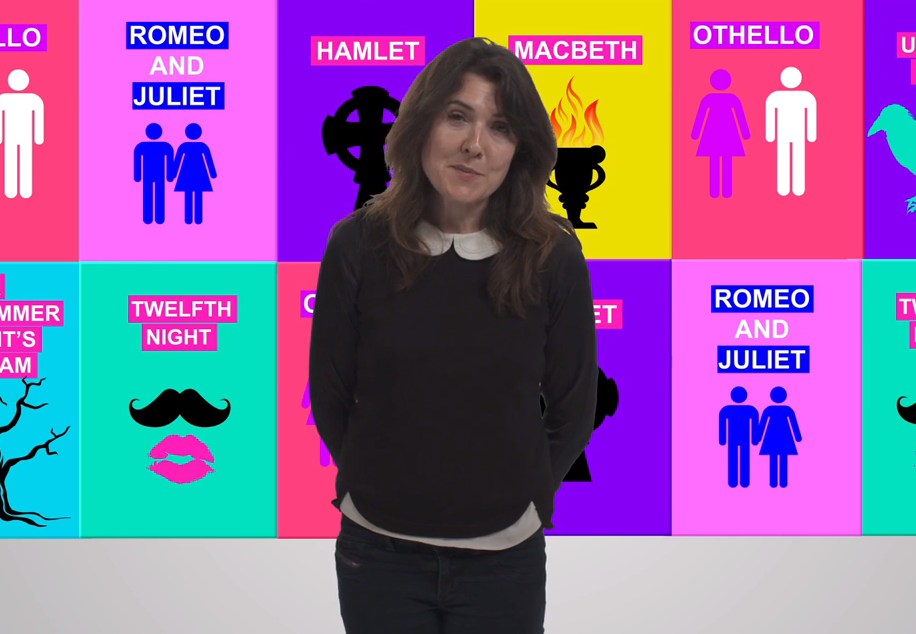Shakespeare ‘stole’ 90% of his plays, new video explains
Primary page content
Almost none of Shakespeare’s stories are original, explains Senior Lecturer Charlotte Scott, in a new video for the British Council’s contribution to the Shakespeare 400th anniversary programme.

With 34 of 38 Shakespeare tales borrowed from someone else, his contemporary Robert Greene went almost as far as calling The Bard a plagiarist, describing him as an ‘upstart crow beautified with our feathers’.
But it was Shakespeare’s ability to create emotional depth, conflict, horror and humour with his characters that made the plays his own, explains Dr Charlotte Scott in the short video.
Dr Charlotte Scott is a Senior Lecturer in the Department of English and Comparative Literature at Goldsmiths, where she convenes the pathway in Shakespeare and the Early Modern for our MA Comparative Literary Studies.
Charlotte's work includes three monographs for Oxford University Press, Shakespeare and the Idea of the Book (2007), Shakespeare's Nature: from Cultivation to Culture (2014) and Shakespeare's Children (2017). She has also written a number of articles and essay chapters, is a regular reviewer for journals and has recently made a film for Oxford University Press, as well as giving lectures at the Globe Theatre and various literary festivals.
The MA in Comparative Literary Studies: Shakespeare Pathway is centred on Shakespeare and early modern literature and culture, with students exploring the reception and performance of Shakespeare in later times. The course aims to deepen understanding of Elizabethan literature, its historical and cultural contexts, how this fascinating literary tradition has evolved, and how it is received in the world in the present. Find out more.
The British Council are aiming to reach over 500 million people worldwide with ‘Shakespeare Lives’ – a major programme of events and activities. In 2015 they chose a number of leading Shakespeare experts to create short videos for YouTube, explaining ideas from 'why Shakespeare means something new to every generation' to 'why Shakespeare should be watched as well as read'.